Tampographie
La tampographie est un procédé d’impression de gravure indirecte qui permet d’imprimer des matériaux de toute forme. L’utilisation du tampon siliconé, qui se laisse facilement déformé, qui n’absorbe pas l’encre et qui garantit un excellent transfert d’encre à contribué au succès de la tampographie. Le tampon en silicone a pour fonction de « prendre » l’image gravée sur le cliché plat pour la déposer sur la surface du support à imprimer, qu’il soit plat, cylindrique, sphérique, avec des angles, texturé, convexe ou concave. La tampographie est surtout utilisée sur des produits difficiles à imprimer par les procédés plus traditionnels, notamment dans les domaines médicaux, automobile, objets promotionnels, appareils électronique.
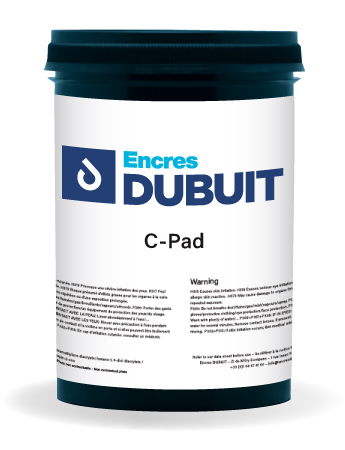
Encre de tampographie. La série C-Pad est une encre mono composante pour les applications industrielles et graphiques sur polypropylène traité.
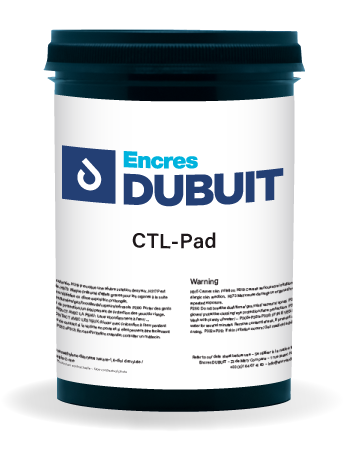
Encre de tampographie. La série CTL-Pad est une encre de tampographie à base de solvant à deux composants, conçue pour l’impression sur des textiles naturels ou synthétiques nécessitant une grande flexibilité.
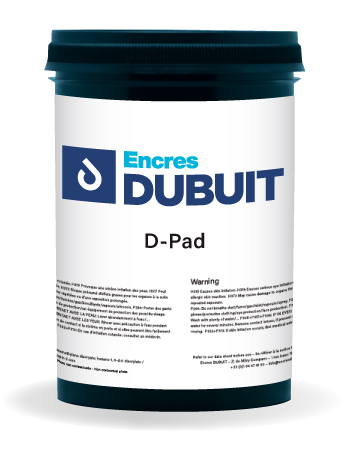
Encre de tampographie. La série D-PAD est une encre mono à usage universel. Impression de tous types d’objets.
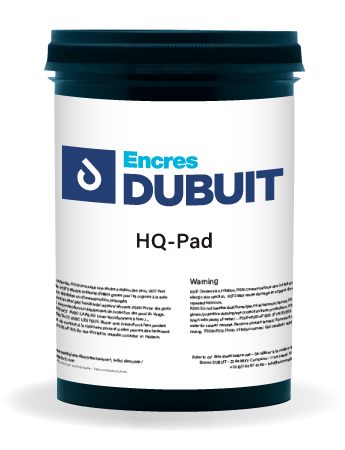
Encre de tampographie. La série HQ-PAD est une encre mono-composante à usage universel dans le domaine de l’industrie.
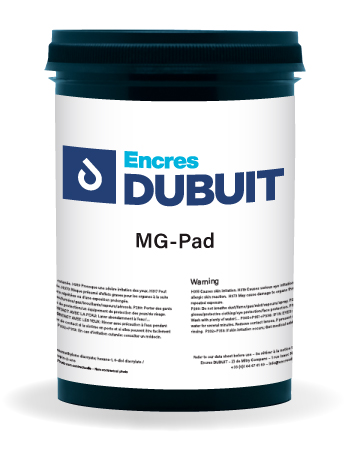
Encre de tampographie. La série MG-PAD est une encre bi-composant qui a une excellente adhérence sur le verre et le métal.
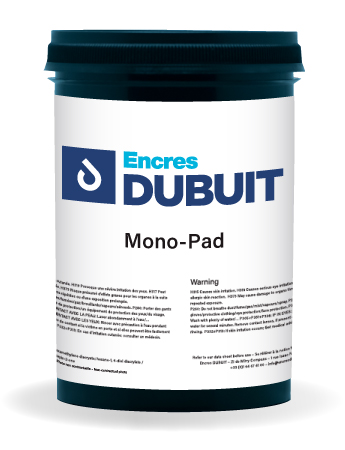
Encre de tampographie mono-composante, base solvant, pour application industrielle sur polypropylène non traité. Compatible avec tous types d’encriers
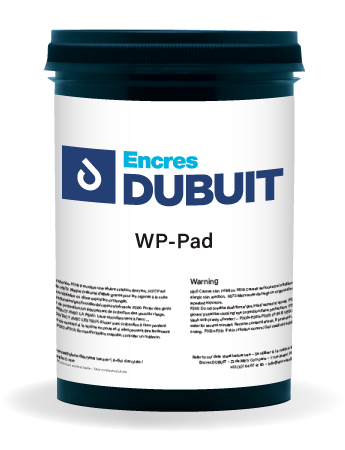
Encre de tampographie. La série WP-PAD est une encre de tampographie à base eau, mono-composante, prête à l’emploi, destinée aux applications sur divers plastiques.
